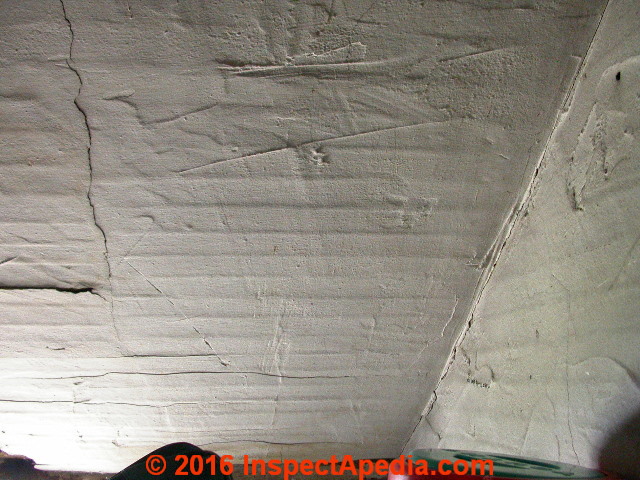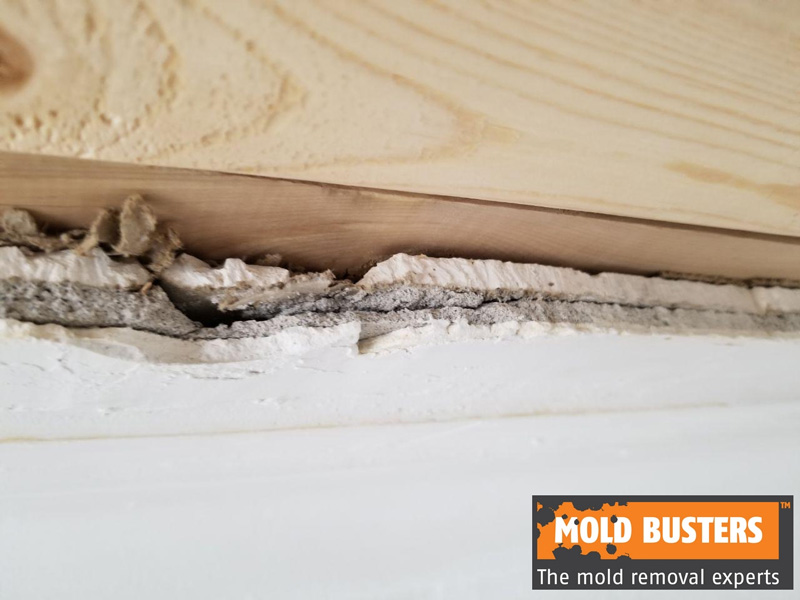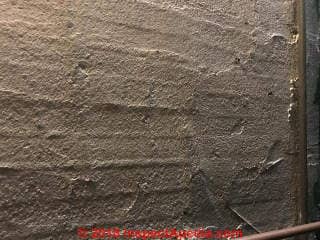
With asbestos having been legal to import and use in the UK until 1999, if your property was constructed before the year 2000, there could be the likelihood of the wall plaster or ceiling tiles in your property containing asbestos. It also meant that asbestos was frequently mixed with plaster and coatings, in order to provide walls and ceilings with additional strength and fire protection. These qualities led to the substance’s heavy use in such industries as shipbuilding and – especially pertinently for the subject of this article – construction.

When and why was asbestos used in ceiling or wall plaster?Īsbestos as a material was once highly prized for such qualities as its strength and fire resistance. 5 If asbestos is present, what should you do next?.4 How can you test for the presence of asbestos in plaster?.3.3 Do you know the brand of plaster used?.3.2 What is the texture of the plaster?.
#Does lath and plaster have asbestos how to

There was a time, however, when it wasn’t known so widely that breathing in or ingesting asbestos could lead to such serious, and often fatal conditions as mesothelioma and asbestos-related lung cancer.įor many years, asbestos was used for a wide range of products, including common items in domestic and commercial properties such as pipe lagging, insulation, roofing felt, and floor tiles.Īsbestos was also often mixed with plaster and coatings. Today, we are accustomed to the notion of this naturally occurring fibrous silicate mineral posing serious risks to human health.

Many other parts of the world imposed similar bans at around the same time. The now long-banned and highly notorious substance known as asbestos was used for various products, in a number of industries, for the bulk of the 20th century, until its importation and use in the UK was made illegal in 1999.


 0 kommentar(er)
0 kommentar(er)
